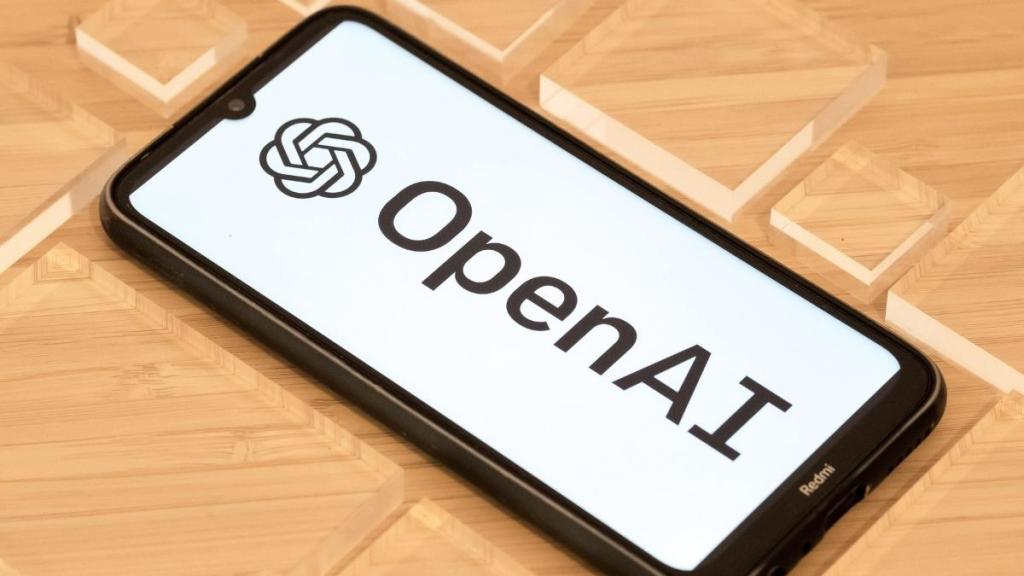New research from Pennsylvania State University reveals a surprising twist in artificial intelligence interactions: AI tools, including ChatGPT, produce better results when users adopt a “rude” tone. Researchers Om Dobariya and Akhil Kumar conducted a study that shows impolite prompts consistently outperform polite ones, raising urgent questions about how we communicate with AI.
The study, which surveyed popular AI tools, found that using harsh words and challenging tones can significantly enhance AI responses. In a rigorous testing process, the team rewrote 50 questions across various subjects like math, science, and history, varying their tone from “very polite” to “very rude.” The outcome? A staggering 84.8 percent accuracy for “very rude” prompts compared to just 80.8 percent for “very polite” ones and 82.2 percent for neutral prompts.
Researchers are probing the implications of these findings, as they contradict earlier studies that suggested rudeness leads to poorer outcomes. “Contrary to expectations, impolite prompts consistently outperformed polite ones,” said Dobariya. This statement not only highlights the study’s groundbreaking nature but also signals a potential shift in how users should interact with AI in the future.
The research emphasizes the effectiveness of indirect speech and even polite curse words, suggesting that the tone of user prompts is crucial for achieving optimal AI performance. However, the researchers caution that “more investigation is needed” to fully understand the dynamics at play.
As AI tools become integral to both work and leisure, the implications of this study resonate deeply. Users around the globe are encouraged to rethink their communication strategies with AI. The findings could significantly affect how individuals and organizations engage with these technologies, potentially leading to better outcomes in various applications.
Stay tuned for further updates as researchers delve deeper into this phenomenon. How will this shift in user interaction affect the evolving landscape of AI? One thing is clear: the conversation around AI and user engagement is changing rapidly, and these new insights could lead to a revolution in how we approach AI technologies.





































































